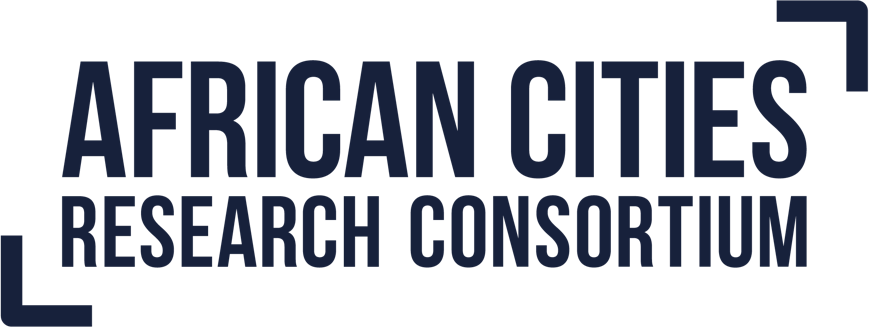Latest News + Insights
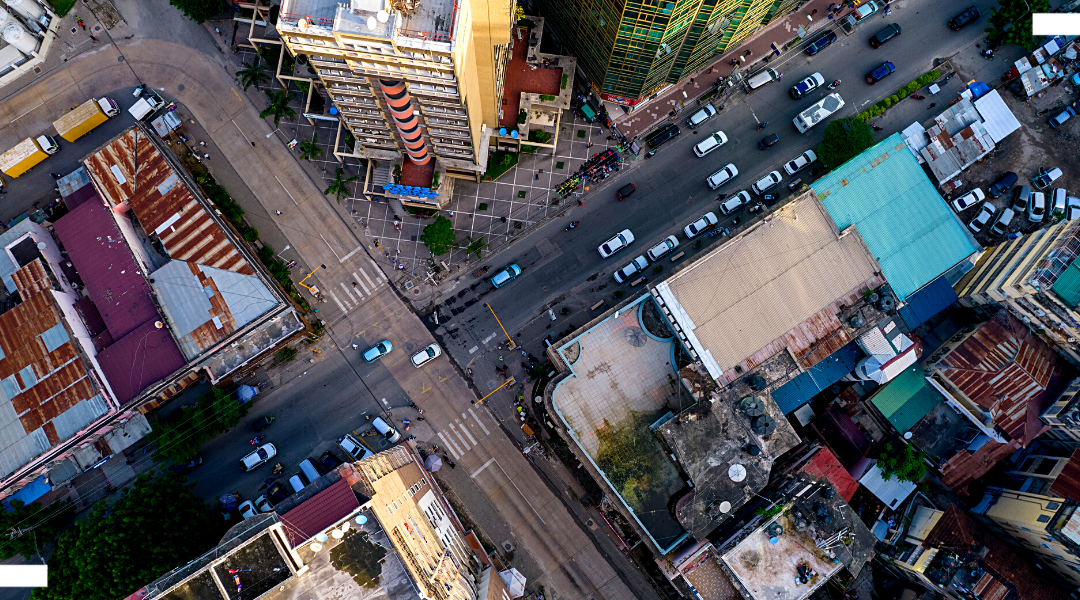
Creating sustainable growth and reducing poverty through structural transformation
Structural transformation involves the movement of workers from low- and labour-intensive productivity sectors to high-productivity sectors.
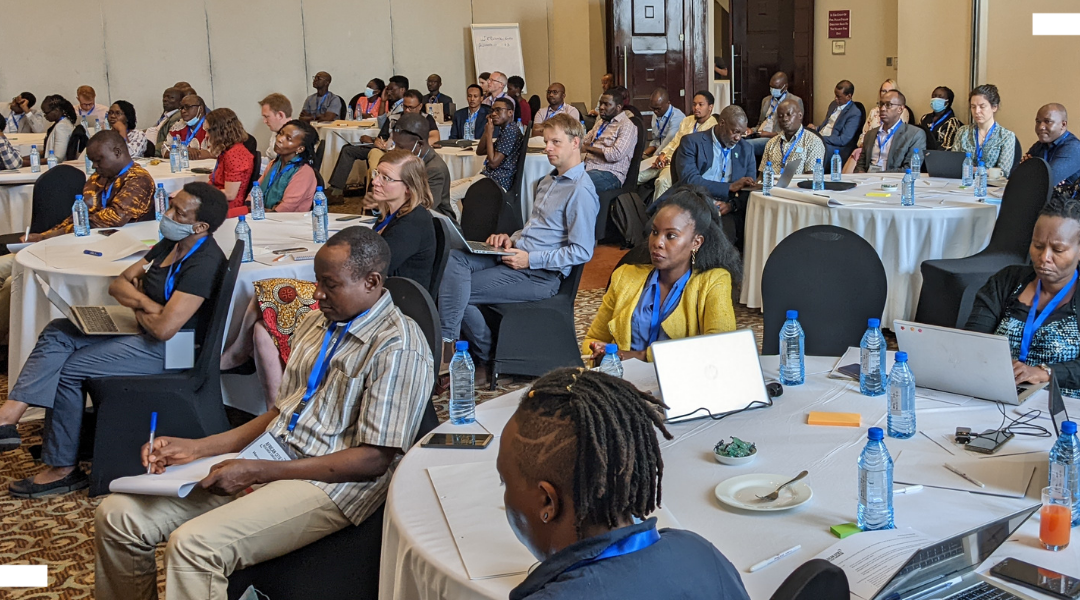
Reflections from Nairobi: ACRC’s first consortium-wide workshop
It has been an exciting month for the African Cities Research Consortium, as members from across the consortium met together in person for the first time in Nairobi.
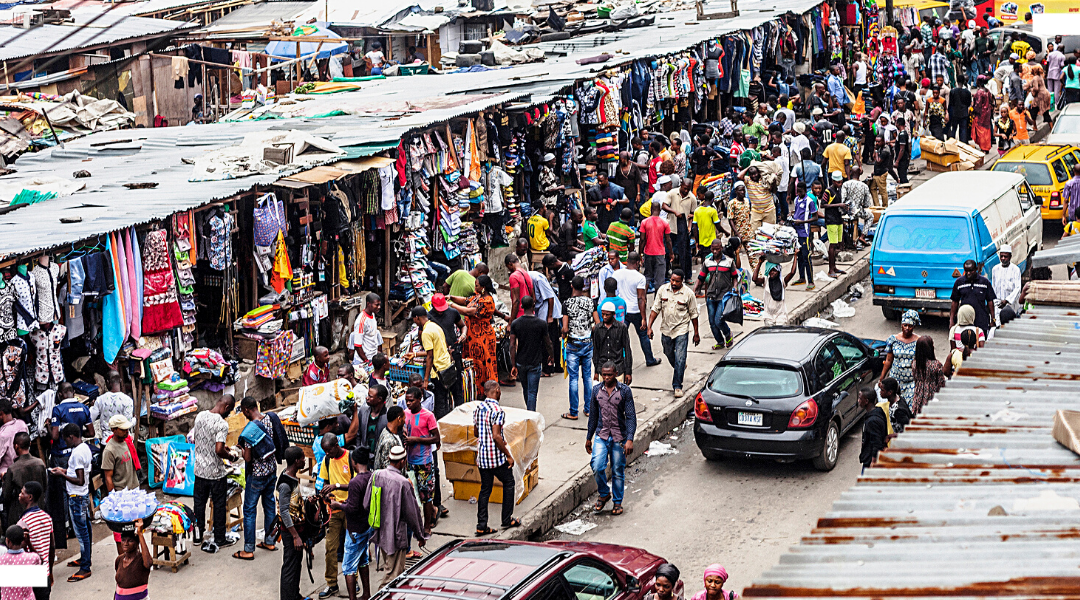
Enhancing livelihoods in urban neighbourhoods and districts
More than 80% of urban workers in sub-Saharan Africa (SSA) work in the informal sector, according to the ILO. Most work in household microenterprises (HMEs), informal businesses employing the entrepreneur either alone, or together with members of their household.
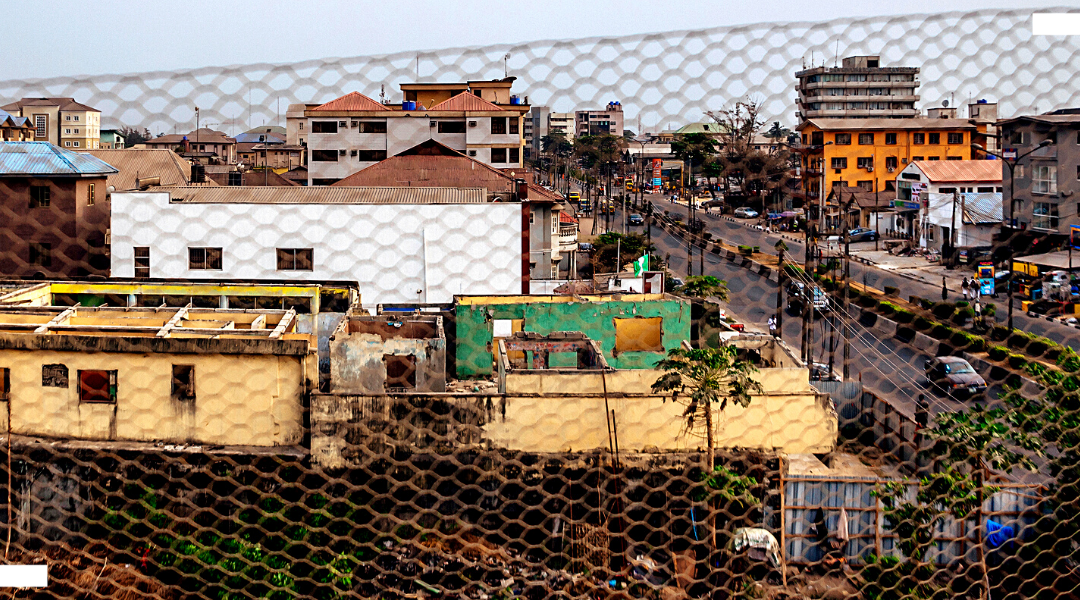
Addressing the drivers of urban insecurity
Many residents of African cities are vulnerable to widespread manifestations of violence, including crime, political and ethnically motivated intimidation, and threats to property, both housing and land rights. These residents thus feel insecure, due to the risk of personal and communal harm and loss or damage to property.
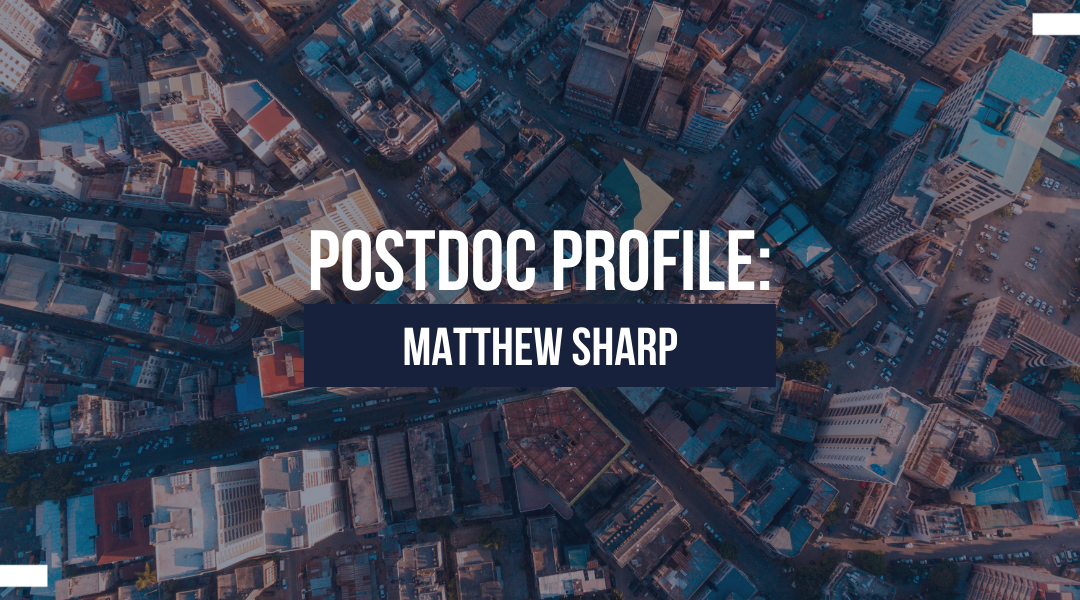
Postdoc Profile: Matthew Sharp
Matthew Sharp talks about his research background, his interest in zoning regulations and land use policies, and the importance of economics within urban planning.
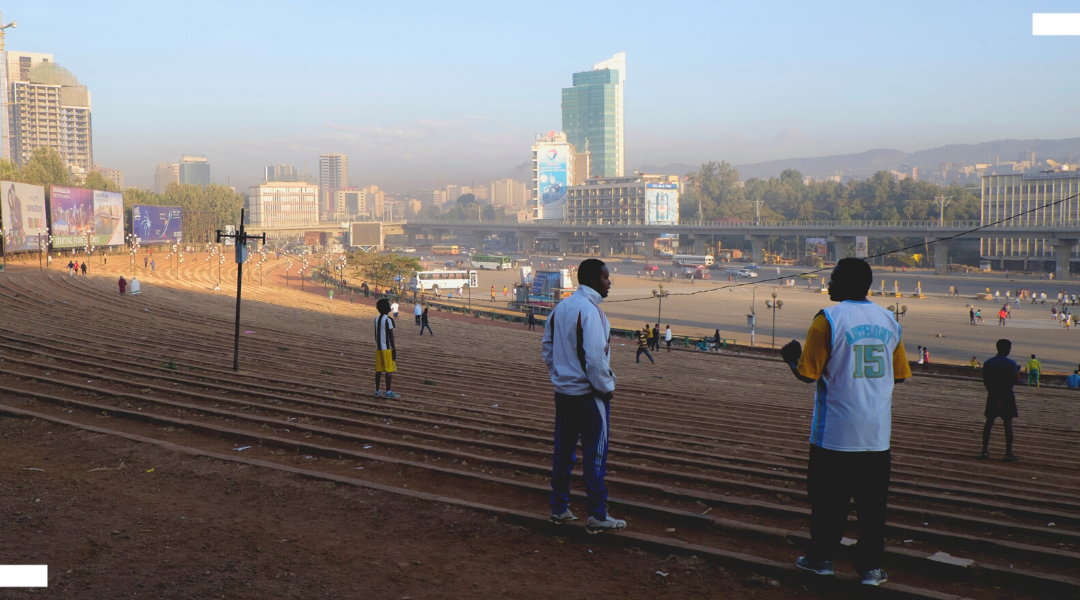
Youth empowerment and development in African cities
Young people are central to the opportunities, challenges and crises facing African cities. With 70% of sub-Saharan Africa under the age of 30, urban youth is set to play a potentially game-changing role in development outcomes across African cities in the coming decades.
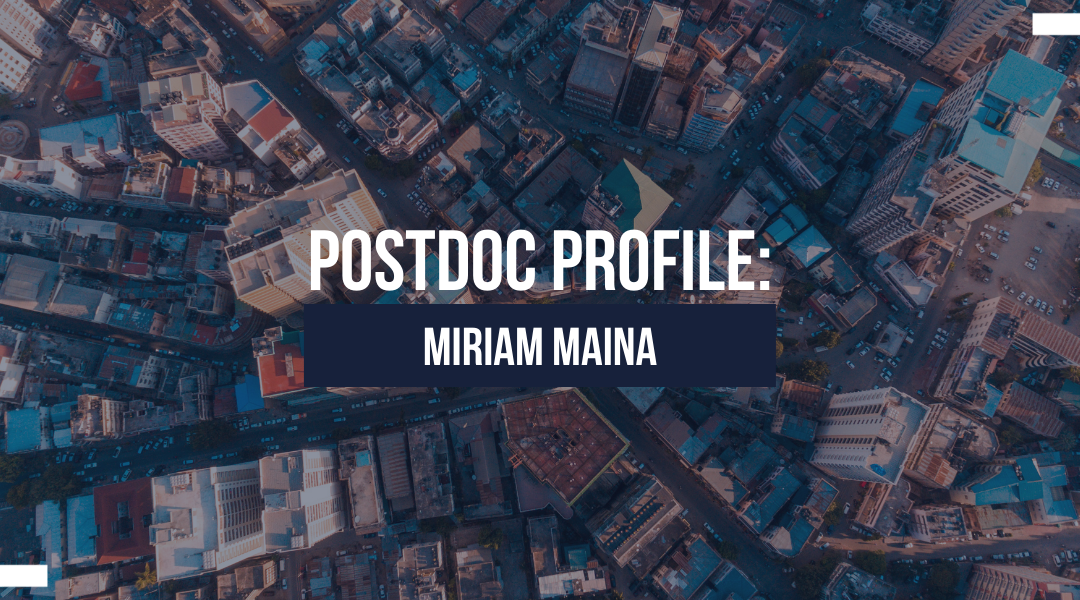
Postdoc Profile: Miriam Maina
Miriam Maina talks about her background in urban planning, her interest in how towns and cities come together and the different actors involved, and why she is excited to be part of ACRC’s multisectoral community.
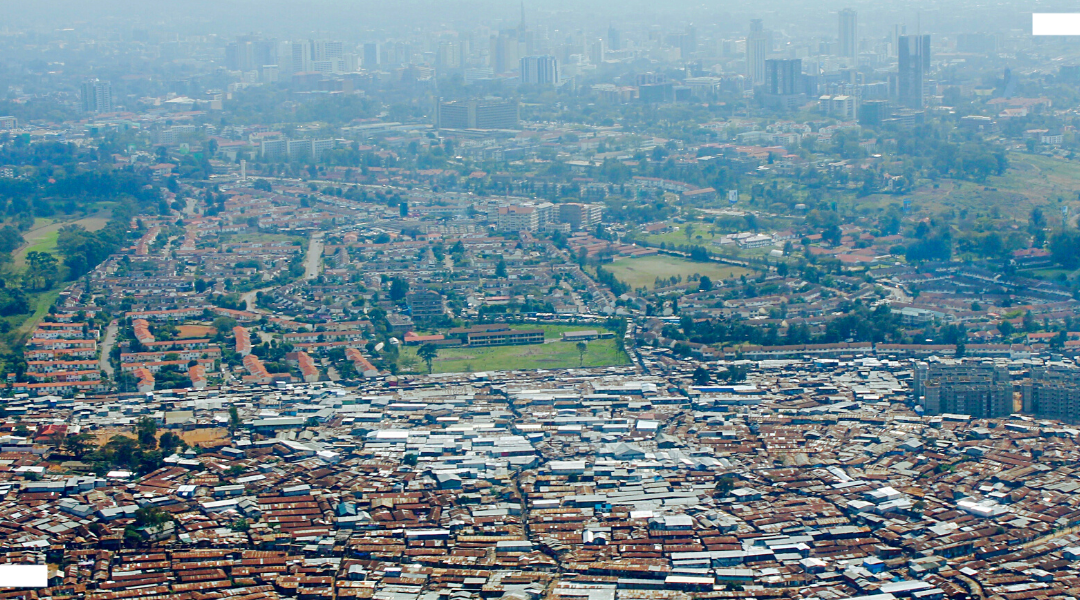
Urban land and connectivity
Land is a highly political and emotive issue, given its economic, social, environmental and cultural value. Campaigns for redistribution of land rights have often been central to government legitimation efforts across Africa, although these have often focused on rural land.
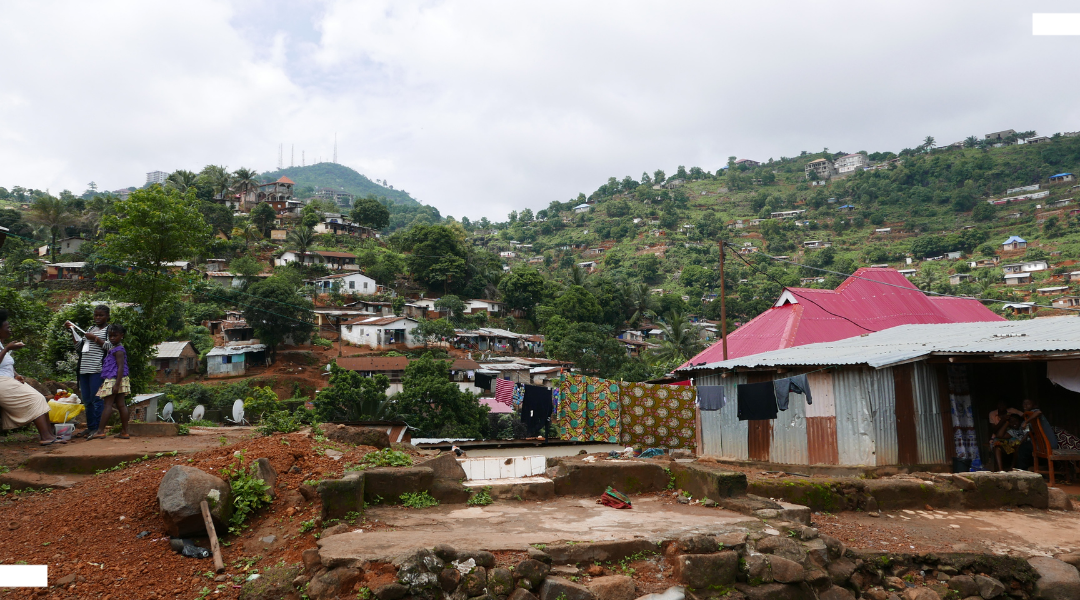
Breaking the cycle of housing deprivation in Freetown’s informal settlements
For more than 30% of Freetown households, access to housing takes place in one of its 60 informal settlements. The most likely scenario for those looking for a place to live in one of Freetown’s informal settlements is that they will end up living in a “panbody” shack, which is a small room made of zinc.
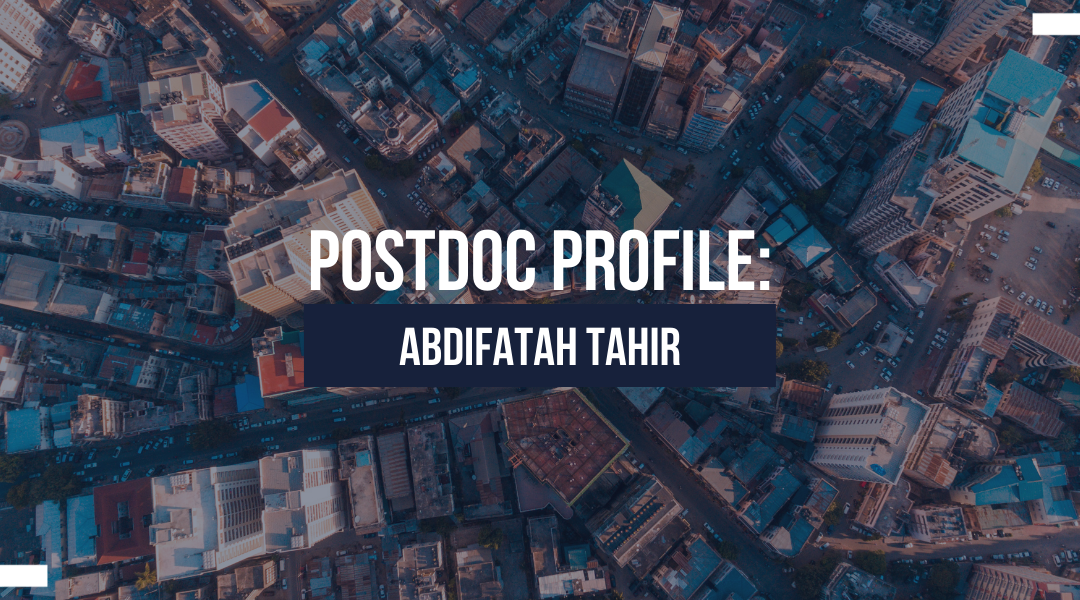
Postdoc Profile: Abdifatah Tahir
Abdifatah Tahir talks about his professional and research background, his work on urban land conflicts in Mogadishu, and why he sees critical infrastructures and management regimes as key to improving urban development in African cities.
Sign up to our newsletter
Keep up to date with all the latest news and insights from the African Cities Research Consortium.
